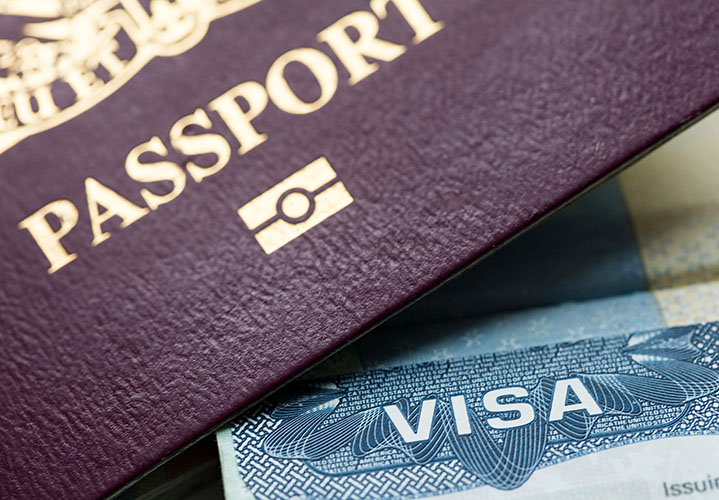On 4 March 2021, the Home Office published a Statement of Changes to the Immigration Rules detailing changes that will take effect on 6 April 2021 (unless otherwise specified). The changes mostly relate to work and study routes and include the introduction of several new appendices relating to the new Graduate visa and the Global Talent visa.
Will these changes impact businesses?
Businesses should be aware of the following changes in particular which may impact the options available to them:
New Graduate route
A Graduate route will be introduced from 1 July 2021 under a new section of the rules called Appendix Graduate. International students who have successfully completed an eligible course (including bachelor’s degrees, master’s degrees, doctorates and certain professional qualifications) at a UK educational institution with a sponsor licence and with a “track record of compliance” will be able to apply to remain in the UK for a further two years (or three years for those being awarded doctorates). During this time, they can work in the UK (including self-employment) or look for work at any skill level.
In order to be able to apply under this route, students must have been studying in the UK under the Student or Tier 4 route for a minimum length of time, depending on the duration of the course and subject to certain exemptions for distance learning between January 2020 and September 2021 due to the pandemic. In most cases they must have studied in the UK for at least 12 months, or for the full course duration for courses lasting 12 months or less.
The new Graduate visa builds on the government’s aim to help recruit and retain the best and brightest global talent in the UK. Businesses should be aware of this new immigration route as Graduate visa holders could be an important pool of labour for employers without a sponsor licence. This will also provide employers which do have a sponsor licence with initial access to graduate talent without all the significant costs and compliance obligations associated with the UK sponsorship regime and may be particularly useful for employing graduates on graduate schemes.
Helpfully those in the UK under the graduate route will be able to switch to Skilled Worker status from within the UK under the lower salary requirement available for "new entrants", provided they apply within two years of holding Student or Tier 4 immigration permission.
Minimum hourly salary for Skilled Workers
The statement of changes also confirms that minimum salary thresholds for the Skilled Worker route need to be worked out by the hour, not just annually. Skilled workers’ salaries must therefore equal or exceed all of the following:
(a) £20,480 per year;
(b) £10.10 per hour; and
(c) The going rate for the relevant occupation code for the role.
The introduction of the hourly rate is intended to safeguard against sponsors requiring their employees to work long hours to compensate for lower pay rates in meeting the minimum salary floor.
Expansion of the Shortage Occupation List
Following the Migration Advisory Committee (MAC) review in September 2020, the Home Office has expanded the Shortage Occupation List to include a number of additional roles, mainly in the health sector. This means that jobs falling into certain SOC codes will now be classified as shortage jobs in the UK, including but not limited those roles falling within SOC codes 1181 (Health services and public health managers and directors), 3111 (Laboratory technicians) and 2219 (Health professionals not elsewhere classified).
Chefs have been removed from the list as they can be sponsored as Skilled Workers.
Sponsors should always check whether the role is on the Shortage Occupation List as this enables employers to benefit from lower immigration fees and, in some cases, lower minimum salary levels.
Existing Tier 2 (ICT) migrants
The changes have clarified that Tier 2 (ICT) workers who have been on the route since before April 6, 2011 are permitted to continue to extend their permission to stay.
Changes to the EU Settlement Scheme
The primary change to the EU Settlement Scheme (EUSS) is that an application under the EUSS or for an EUSS family permit can be refused (and any leave cancelled) where the applicant’s presence in UK is not conducive to the public good because of conduct after 31 December 2021.
There have also been a couple of tweaks in relation to the eligibility criteria and documentation required for family members. In most cases applicants must apply for settled or pre-settled status by 30 June 2021. However, applicants with reasonable grounds for missing the deadline may now apply directly to the EUSS for the Secretary of State to consider their eligibility.
Changes to the Global Talent visa
From 5 May 2021, rather than having to be endorsed by an approved endorsing body in the UK, applicants for the Global Talent visa can rely on having received a “prestigious prize” (such as the Nobel Prize or an Oscar) to qualify.

 Kerry Garcia
Kerry Garcia